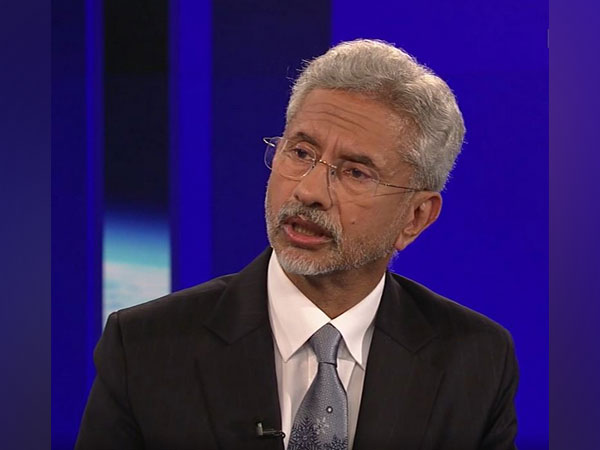EAM Jaishankar emphasises 'zero tolerance approach' on terrorism at ARF meeting

- Country:
- Indonesia
In a veiled reference to Pakistan, External Affairs Minister S Jaishankar on Friday urged the members of the ASEAN Regional Forum to adopt a ''uniform, unified and zero-tolerance'' approach on the issue of terrorism, including dismantling the sanctuaries and financing networks.
Addressing the ASEAN Regional Forum (ARF) Ministerial Meeting here in the capital of Indonesia, he underlined that India was responding to global challenges by promoting global cooperation and delegitimisation to counter-terrorism.
''On terrorism, emphasised that ARF members must adopt a uniform, unified and zero-tolerance approach. This includes dismantling sanctuaries and financing networks, countering terrorism in all its forms and manifestations, including cross-border terrorism,'' the minister said in a tweet.
India has been pressing Pakistan to stop cross-border terrorism emanating from that country.
Jaishankar, who is visiting Indonesia for the Foreign Ministers’ Meetings under the ASEAN framework in the format -- ASEAN-India, East Asia Summit and ASEAN Regional Forum, also pressed for ''diplomacy to address conflicts''.
He also spoke about the issue of contributing to the diversification of supply chains for economic resilience and advocating expanded resource access to help the Global South.
The minister during his address focused on three current issues -- maritime matters, Myanmar, and terrorism -- and applauded Indonesia’s leadership in ensuring a strong and united commemoration forum statement.
On maritime issues, Jaishankar stressed the primacy of UNCLOS 1982 and support for ASEAN’s position that it is the basis for determining entitlements.
''We are concerned about activities undermining peace and stability. Any Code of Conduct must not prejudice the rights and interests of third parties,'' the minister told other ARF members, in an apparent reference to China, which has maritime disputes with many countries in the region.
China claims nearly all of the disputed South China Sea, though Taiwan, the Philippines, Brunei, Malaysia and Vietnam all claim parts of it.
Beijing has built artificial islands and military installations in the South China Sea. China also has territorial disputes with Japan in the East China Sea.
The United Nations Convention on the Law of the Sea (UNCLOS), 1982, also known as the Law of the Sea, is an international agreement that establishes the legal framework for marine and maritime activities.
It is the only international convention which stipulates a framework for state jurisdiction in maritime spaces. It divides marine areas into five main zones -- Internal Waters, Territorial Sea, Contiguous Zone, Exclusive Economic Zone (EEZ) and the High Seas -- providing a different legal status to different maritime zones.
''On Myanmar, conveyed that India will take into account the views of ASEAN, advance the projects of India-ASEAN connectivity, and ensure stability and security in our border areas,'' Jaishankar said.
(This story has not been edited by Devdiscourse staff and is auto-generated from a syndicated feed.)
ALSO READ
Steady Alliance: U.S.-Philippines-Bipartisan Cooperation Amid South China Sea Tensions
Philippines Strengthens Maritime Sovereignty Amidst South China Sea Tensions
Philippines Asserts Maritime Rights: Legal Battle in South China Sea
Indonesia Stands Firm Against China's South China Sea Claims Amid Joint Maritime Deal
Indonesia Stands Firm on Sovereignty Amidst South China Sea Deal with Beijing










